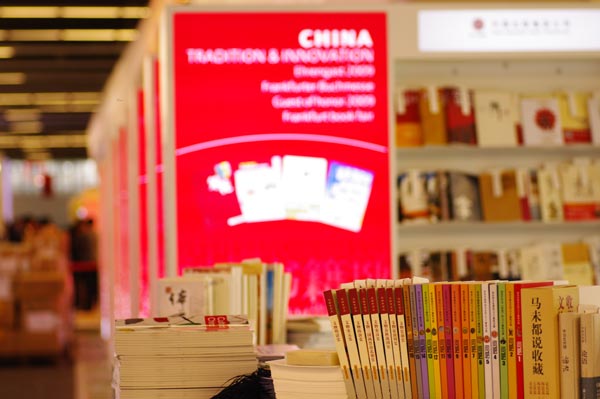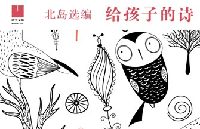 |
|
Although China's GDP has increased more than tenfold in the past two decades, the rates for literary translation have hardly caught up with the rise in income of other professions. China Photo Press |
 |
| Poetic profits revive in China |
 |
"I'm afraid it won't help even if they take effect since the going rate is already around 80 yuan," says Chen Ying, a young freelancer, who translates Japanese books into Chinese. "It should be raised to at least 150 yuan."
Chen was lucky. The second book she translated in 2013 was the popular Japanese comic series Midnight Canteen, which earned her a good reputation.
Now the quoted rate for Chen is around 100 yuan per 1,000 words, which is considered high for young literary translators. Still, the income fails to cover all her expenses. Her family in Wenzhou, Zhejiang province, helps pay her rent in Beijing.
"Once, an editor joked that he could find a translator for the rate of 80 yuan per 10,000 words," says Chen. "I was so angry. A publisher shouldn't try to settle for the lowest translator's rate."
But some say that the traditional publishing industry is itself being hammered by competition in sales from online bookstores and digital publishers, and since most translators are paid for just their work instead of copyright royalties, cutting down on translation fees has become an easy way for publishers to curb their expenditure.
"We have to admit that the current translation rate is not high enough," says Shi Lingkong, the editor-in-chief of Yiwen Publishing House. "But we have to note that many publishers are also experiencing a difficult time."
Besides raising the going rate for translators, Shi suggests that taxes on remunerations from translation be changed so as to help alleviate any financial burden on professionals.
"The current threshold of the tax levy for written works is 800 yuan. It hasn't been changed for decades. But the threshold for salary income tax has already been raised to 3,500 yuan."
The commercial success of translated literary works also depends on many factors, such as the popularity of the original author, and the efforts on design and marketing, says one publisher, who wishes to remain anonymous.
"A good translator is an important factor but is not the decisive one."
|
|
|
|
|
|
|
|
